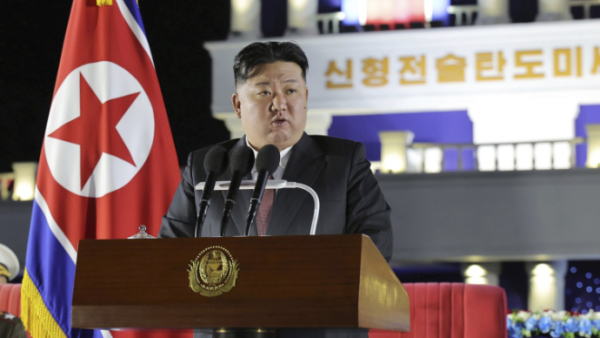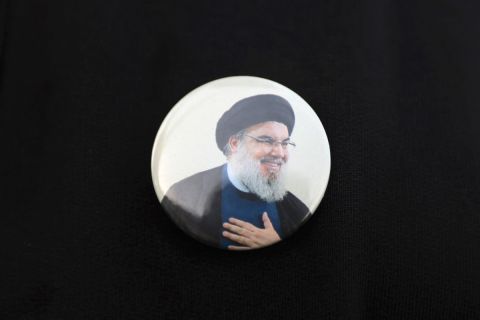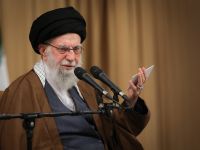ALBAWABA- North Korea has officially amended its constitution to label South Korea as a "hostile state," marking a significant shift in its stance toward its southern neighbor.
The change was confirmed following a session of the Supreme People’s Assembly, where leader Kim Jong Un advocated for designating South Korea as the primary enemy, abandoning the goal of peaceful reunification, and redefining North Korea's territorial sovereignty.
This revision reflects a sharp departure from previous leadership's aspirations for a unified Korea.
The announcement came shortly after North Korea demolished parts of inter-Korean road and rail connections, citing the revised constitution as justification for the move.
According to state media, these actions were "inevitable and legitimate," as the infrastructure had symbolized reconciliation efforts that have now stalled.
The constitutional change coincides with escalating tensions between the two countries, as North Korea accuses the South of provocative activities, including alleged drone flights over Pyongyang.
In response, North Korea has fortified its border, adding anti-tank barriers and mines, while South Korea has warned of severe consequences should North Korean actions threaten its citizens.
Experts suggest Kim Jong Un's strategy may aim to curb South Korean cultural influence, reinforce his regime’s control, and justify the use of nuclear weapons by legally framing the South as a foreign adversary rather than a potential unification partner.
Analysts also speculate that North Korea might seek to engage directly with the United States on its nuclear program, bypassing South Korea.
The symbolic demolition of road and rail links, originally restored in the early 2000s with South Korean funding, underscores the deepening rift.
With North Korea's growing isolation and abandonment of peaceful reunification, the revised policy poses challenges to future diplomatic efforts and raises the risk of military confrontation on the Korean Peninsula.












